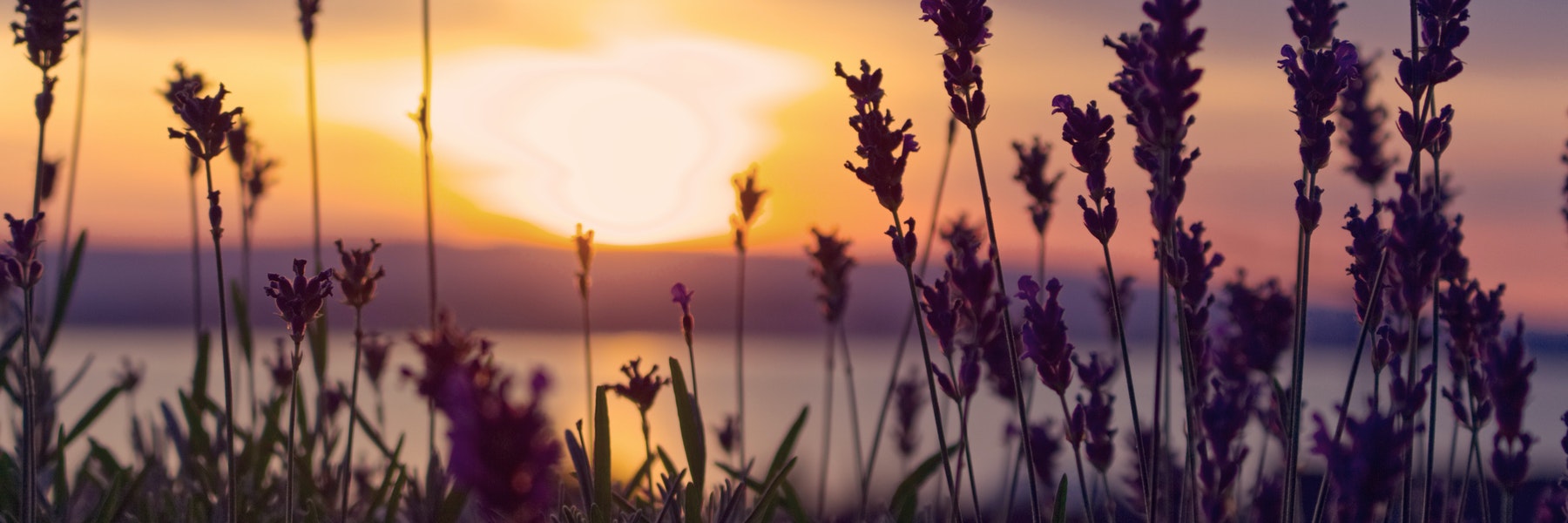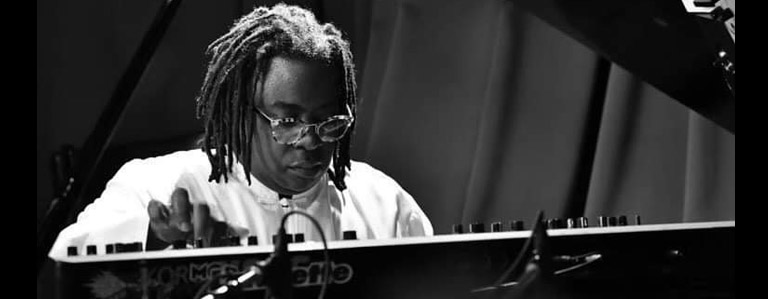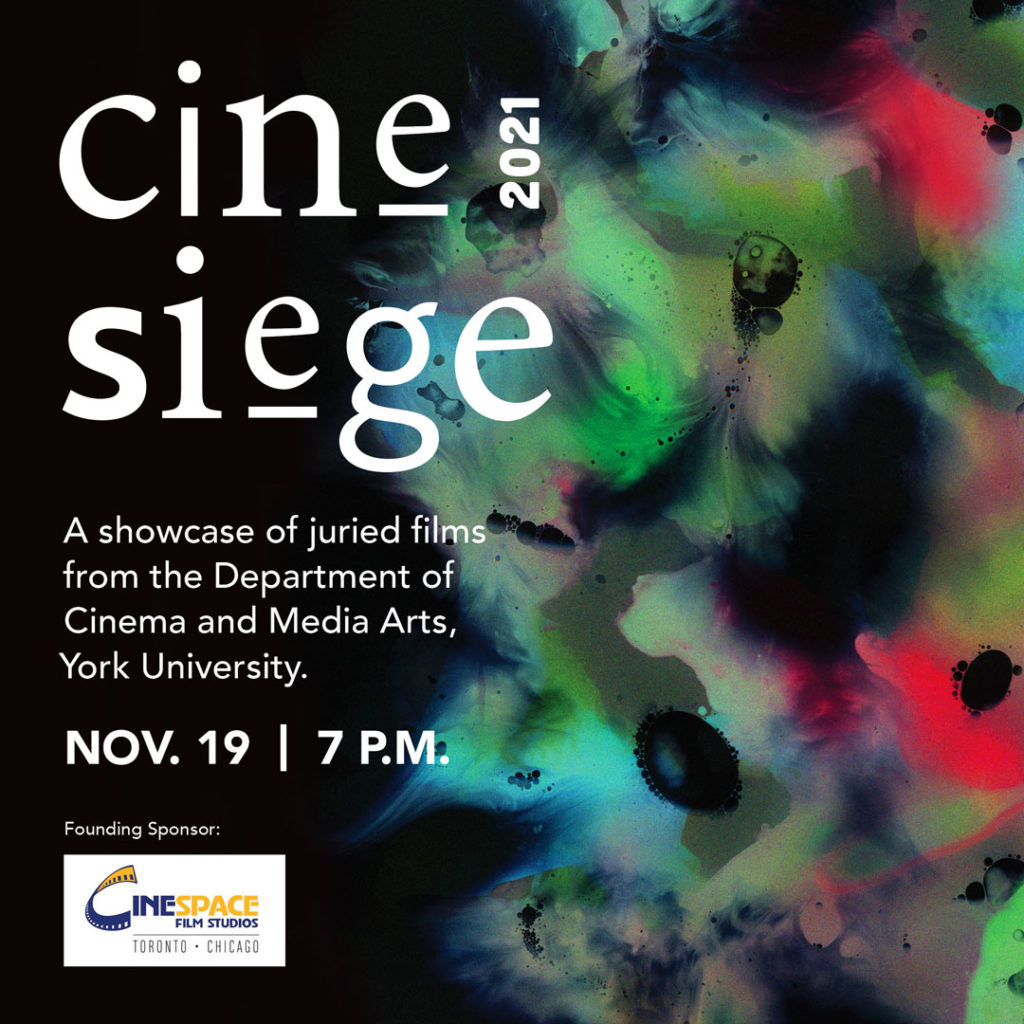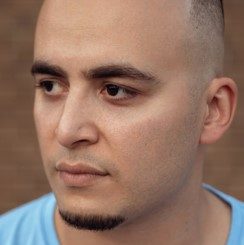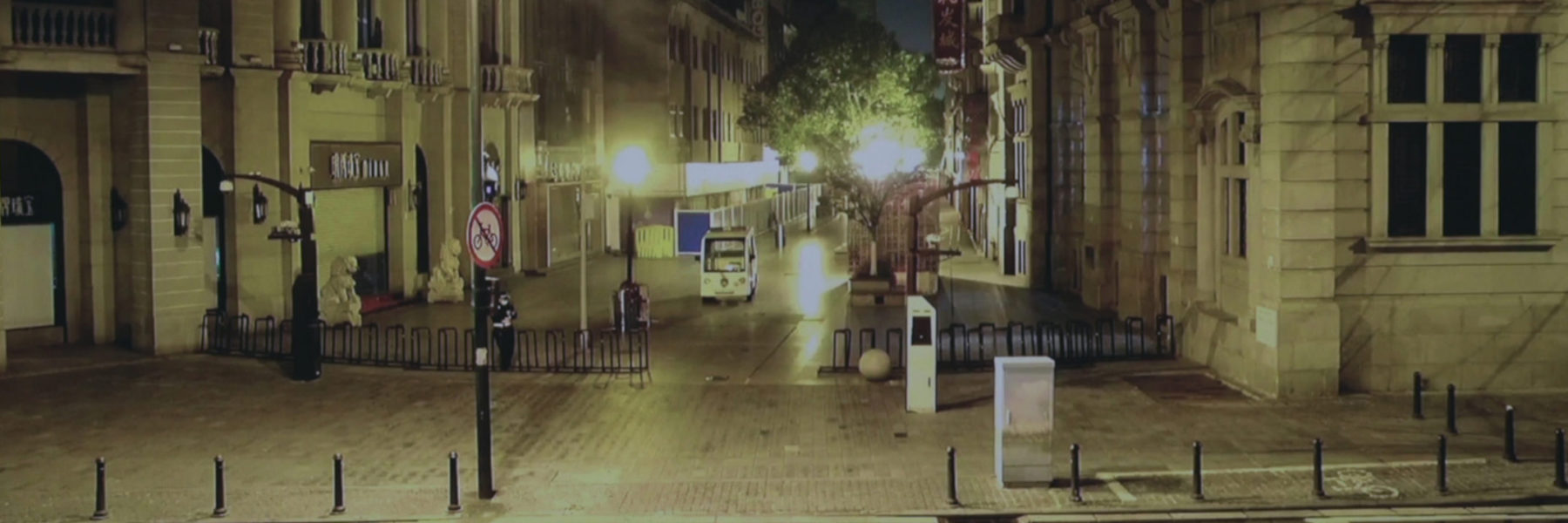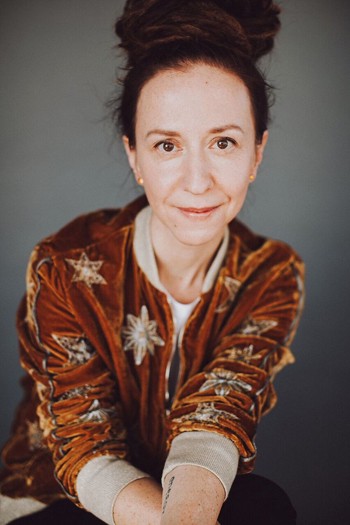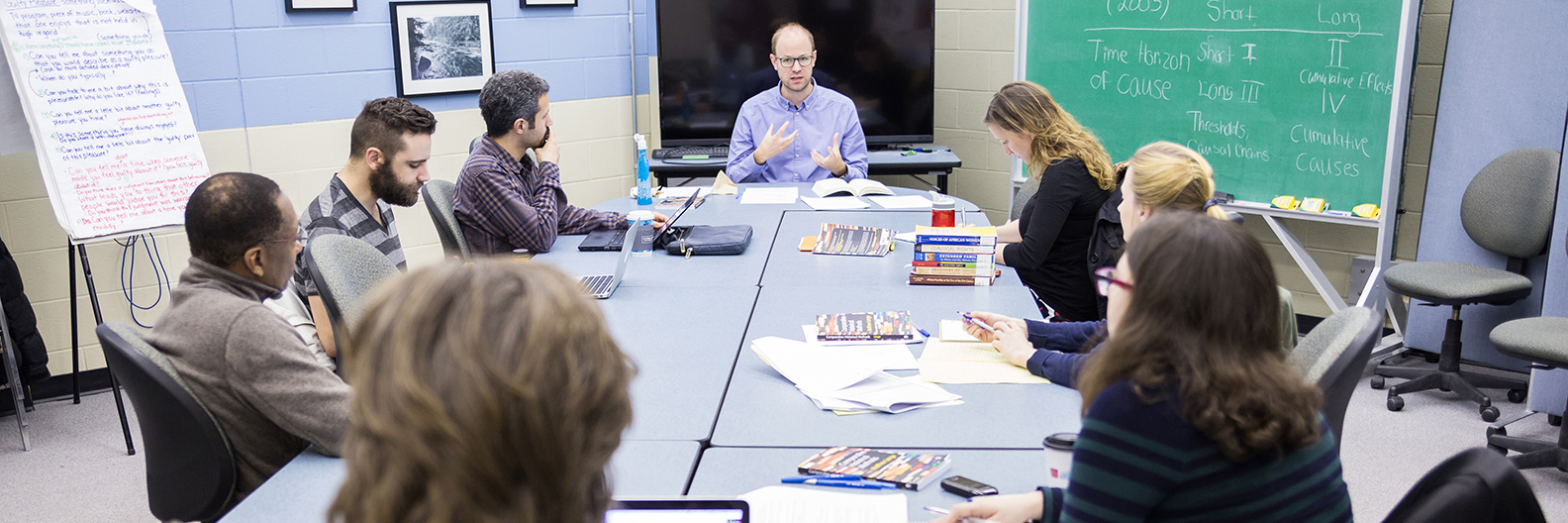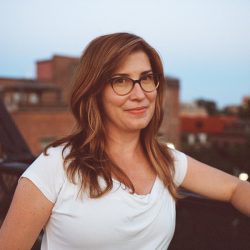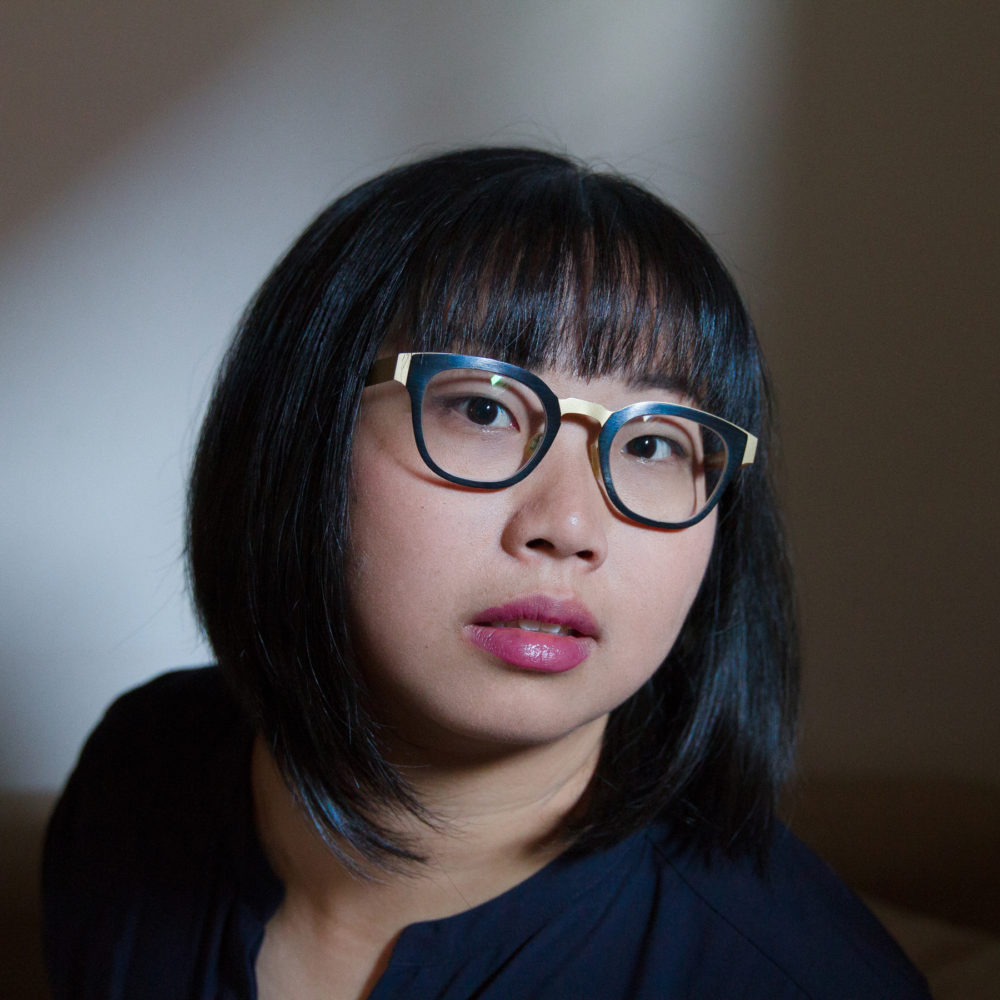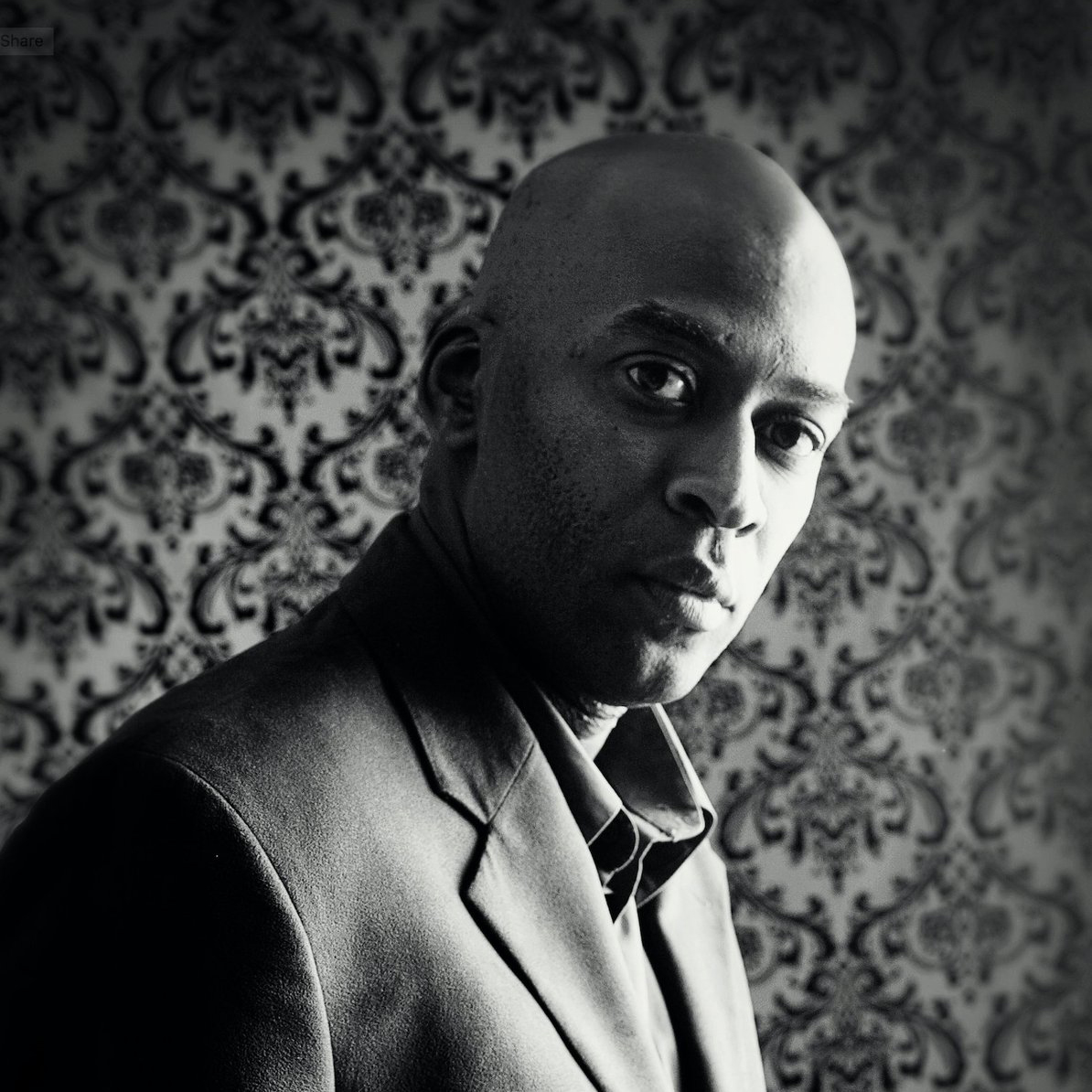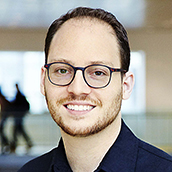York University Professor Emerita Carol Zemel passed away peacefully on Nov. 21 in her 80th year at Elizabeth Bruyere Hospital in Ottawa.
Zemel’s intellectual contributions are vast, as she had a tremendous appetite for ideas, images and stories, as well as a worldwide network of friends, colleagues and former students in many fields of thought.
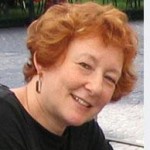
Zemel (née Moscovitch) was born on Aug. 19, 1941, in Montreal, Que. She attended Westmount High school, and in 1962 completed a BA in arts at McGill University. She moved to New York to study at Columbia University, where she completed her PhD.
Before moving to Toronto in 2001 to become Chair of the Department of Art and Art History at York University, Zemel served as professor of art history at the State University of New York at Buffalo. She began her career as a scholar of Vincent van Gogh and wrote three books about the artist, including Van Gogh’s Progress: Utopia, Modernity, and Late Nineteenth Century Art (University of California Press, 1997) and The Formation of a Legend: Van Gogh Criticism, 1890-1920 (UMI Research Press, 1980).
In the early 2000s, Zemel turned her attention to Jewish studies, a turn that constituted what she called a major reorientation of her scholarly work, and which culminated in the publication of Looking Jewish: Visual Culture and Modern Diaspora (Indiana University Press, 2015).
Looking Jewish is dedicated to the memory of Zemel’s parents: Joseph William Moscovitch (Vaslui, Rumania, 1900-Montreal, 1949) and Beatrice (Rebekah) Greenblatt (Izyaslavl, Ukraine, 1913-Montreal, 1981), whose lives were marked by migratory experience and self-fashioning. One of Zemel’s last essays was devoted to representations of Jewish migration (“In Transit: No End in Sight,” AJS Perspectives, Fall 2017).
Similar to her own trajectory, Zemel sought to explore work by artists whose work referred to their Jewish identity, and who achieved recognition and success among both Jews and the non-Jewish cultural mainstream.
Zemel’s turn toward Jewish studies may have begun in Amsterdam, where she stumbled upon Roman Vishniac’s photographic collection of images of Jewish life in Europe before the Holocaust, A Vanished World (1977), as well as Lithuanian-born photo montage artist Moi Ver’s (Moshé Raviv-Vorobeichic), Ghetto Lane in Vilna (1931).
In 2000-01 she received a fellowship for study at the University of Pennsylvania’s Center for Advanced Judaic Studies. Her fellowship project, “Graven Images: Visual Culture and Modern Jewish History,” paved the way for a number of publications. In recent years she held fellowships at the Anne Tanenbaum Centre for Jewish Studies at the University of Toronto and the United States Holocaust Memorial Museum.
In addition to her books, she wrote eloquently and powerfully on subjects ranging from diaspora, to visual humour, Canadian performance and installation art, Galut, melancholy and Holocaust prisoner drawings. Zemel’s chapter in Image and Remembrance: Representation and the Holocaust (Indiana University Press, 2002), entitled “Emblems of Atrocity: Holocaust Liberation Photographs,” became a resource not only for Holocaust studies but for the very critique of photography that was often dismissed. She wrote on an enormous range of artists, including Vera Frenkel, Lucian Freud, Alter Kacyzne, R.J. Kitaj, Leon Kossoff, Bruno Schulz, Tobaron Waxman, Yael Bartana and Emily Jacir.
Zemel also devoted herself to service. She twice served on the Board of Directors and as coordinator of the Arts Section, the College Art Association (CAA), the University Arts Association of Canada (UAAC), and the World Jewish Congress (Jerusalem). She was a member of the editorial board of Images, A Journal of Visual Art and Visual Culture.
Most recently, she was working on a manuscript on the visual art made during the Holocaust by Jewish and other concentration camp prisoners, which she tentatively titled “Art in Extremis: Visual Representation of the Holocaust From Within.”
Zemel had a magnetic connection to the world of ideas, storytelling, and aesthetics. She will be greatly remembered and missed by many colleagues, students, artists and friends.
To read more about Professor Emerita Carol Zemel in YFile, visit these stories:
Road to Congress: Art in the extreme
MOSAICA website explores contemporary Jewish art
York fine arts professors remember


